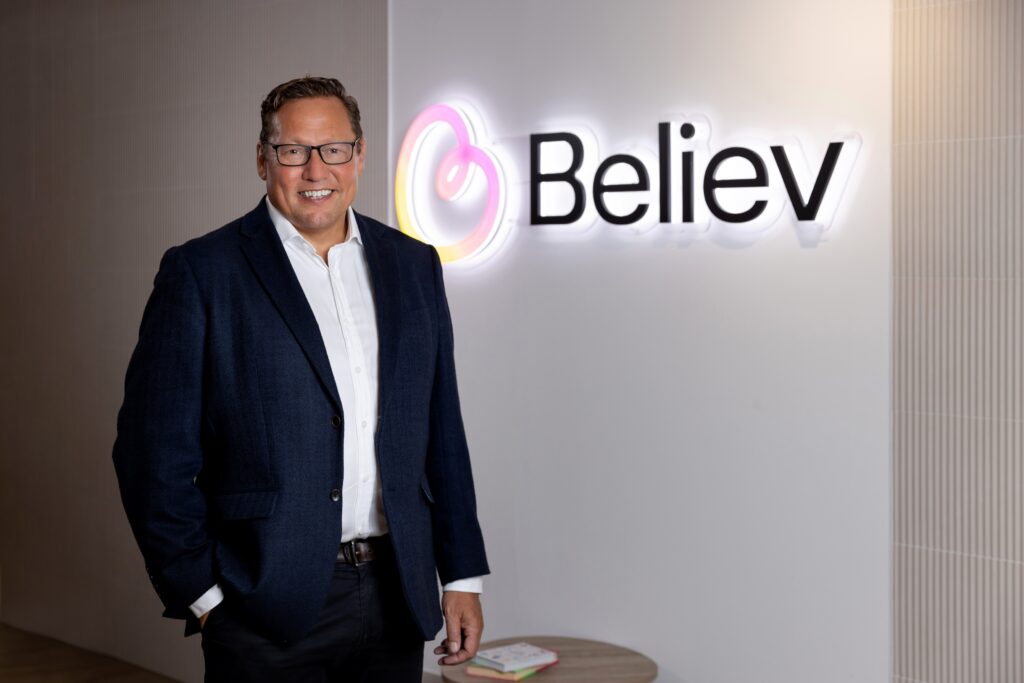What is Believ offering in the crowded Electric Vehicle (EV) space?
Believ installs, manages and maintains all speeds of publicly accessible charge points at zero cost to both the public sector and business sectors. Many local authorities and businesses are under unprecedented financial strain, so this offering is key to accelerating the rollout of desperately needed public EV infrastructure.
It is this infrastructure that will support and encourage the adoption of electric fleets and privately-owned EVs across the UK, without which the future decarbonisation of transport will not be possible.
What do the next few months hold for Believ?
It’s been a busy start to the year, where we’ve been working closely with businesses and local authorities to get our EV infrastructure in the ground to match the increasing pace of EV ownership – which [SMMT data shows] reached one million UK-registered EVs in January 2024.
With a general election looming, and a busy news agenda, it’s important we don’t lose sight of our mission to reduce CO2 emissions. The good news is that last year saw the biggest uplift in public EV charge point installations to almost 55,000. The bad news is that with stalling pace of EV charging infrastructure rollout more generally, increased EV ownership means more EVs per public charge point.
Last year, there were 36 EVs for every standard public charge point, up from 31 at the end of 2021. That figure has continued to rise and varies across regions. In the Northwest, for example, that number has almost doubled from 49 to 85 EVs per charge point.
Essentially, we’re not where we ought to be. Through no fault of their own – local authorities are not rolling out EV infrastructure quickly enough, and it is government and private industry’s duty to give the support required to build infrastructure at scale and pace.
That’s my driving goal at Believ; to accelerate the UK’s EV charging infrastructure rollout, especially as the wheels of innovation continue to turn in the manufacture of new EVs, and more and more are introduced to the market.
What’s tripping the circuit to charge point rollout?
Firstly, despite £57m of public and private funding being made available in the last year, our most recent local authority insight report revealed that most local authorities still cite a lack of public funding as the biggest roadblock to progress. Much of the funding allocated by national government to local authorities will take another two years to distribute, and we’ve seen multiple delays and obstacles for local authorities in getting to this point.
Currently, the process from funding application to decision is taking far too long, which means local authorities are wasting precious time cutting through red tape.
Similarly, businesses that are managing rising costs, are struggling to find the time to build the business case that justifies the initial cost of installing EV infrastructure.
What can be done?
One way to bypass lengthy delays in attaining government funding is to avoid it altogether! The private industry is ready, willing, and able to fund public charging infrastructure for both local authorities and businesses.
Local authorities, especially, are under huge pressure, and need more support, more resources and more people for the enormous task they face in installing a public charging network that serves the growing number of EV owners. But the solution is there, and they can push ahead with a private partner that can support getting charge points in the ground far more quickly.
It won’t cost them a penny, and they would also benefit sooner from the future revenues accrued.
Guy Bartlett, CEO of Electric Vehicle Charge Point Operator, Believ.









